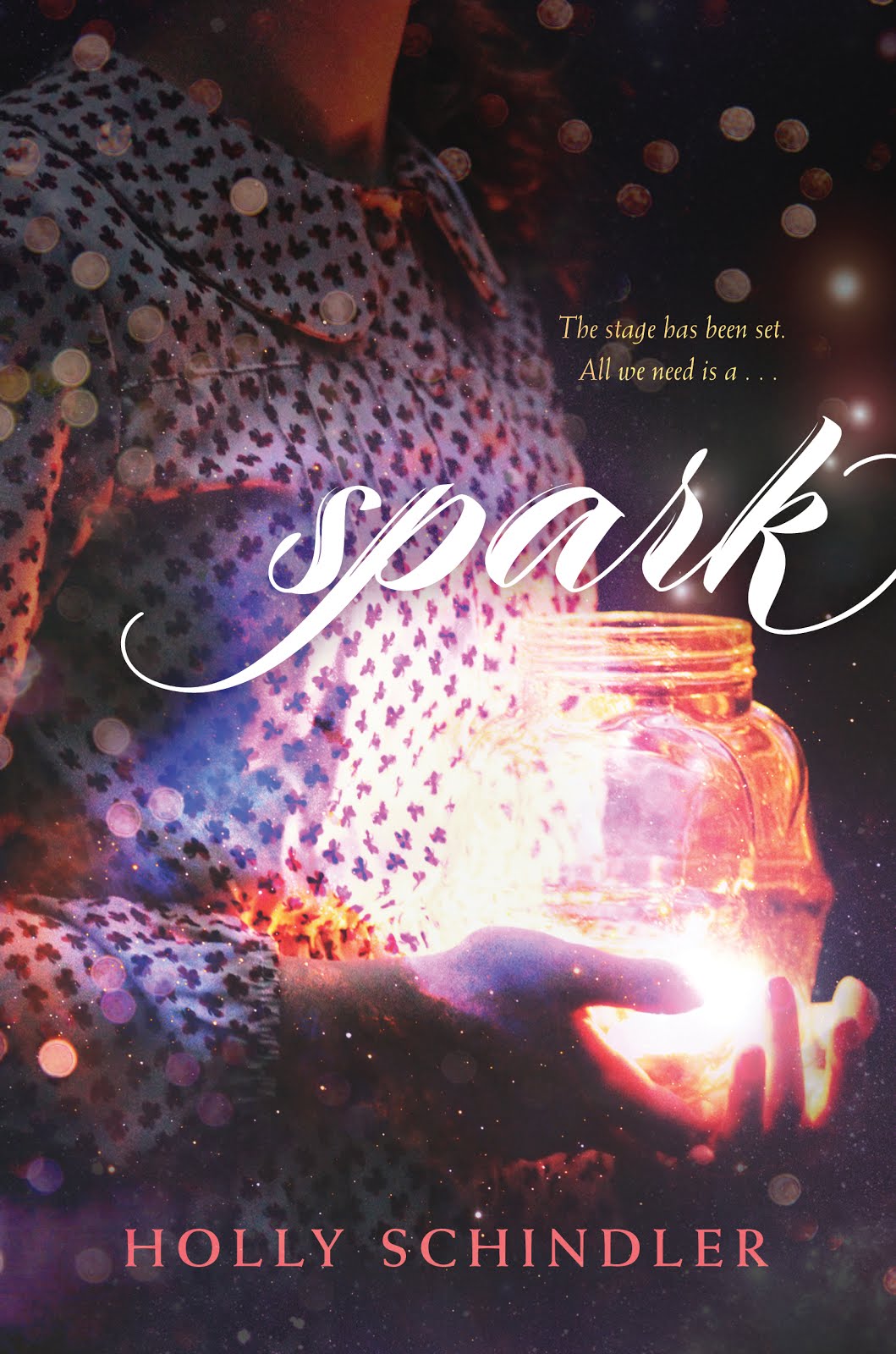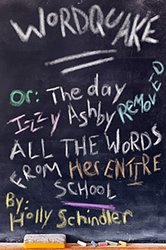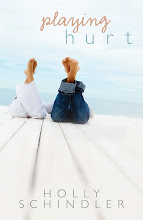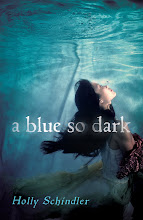Wednesday, April 25, 2012
Sunday, April 22, 2012
HE-WHOS AND INTERNAL GRATIFICATION
Yes, the He-Whos. What, exactly, is a He-Who, you might ask? Not to be confused with a yahoo or a nincompoop (although, according to some sources, the definitions overlap somewhat), a He-Who is a very sneaky creature whose natural habitat is a would-be author’s personal life. In most cases, said He-Who has been in a struggling author’s life for quite some time—years, some of them—playing the role of Supportive Confidant. Upon the announcement of an author’s long-awaited book deal, the face of said Supportive Confidant melts into a giant fiery pile of slime, exposing the dreaded, nasty, much-feared He-Who underneath.
A He-Who takes many different forms. The He-Whos I’ve encountered fall into three basic categories:
1). He who shows some initial interest when you announce your book sale, but when you disclose that it’s a YA or MG, he raises his lip off his teeth, lets out an, “Ew,” and explains, “I only read high-quality, serious works of literature. I do not read children’s books.” This statement is expressed rather emphatically, while rolling the “r”s, puffing on an antique scrimshaw pipe, and gesturing wildly to flash the professorly suede elbow patches on his coat. (This He-Who also has the same reaction to any other subcategory of genre fiction: romance, sci-fi, mystery, etc.)
2). He who does not have any interest in your book, but—OMG! He just happens to have a manuscript himself! And it’s awesome! And you should read it—and while you’re at it, rewrite it! And then give it to your publisher! Wouldn’t that rock???
3). He who is just so busy, he does not have the time to read your book—even though the book was released three years ago, and this particular He-Who has also watched every single episode of MY BIG REDNECK WEDDING, sends you emails with links to “hilarious” YouTube vids three times a day, and has repeatedly called to inform you that he has discovered the best way to mow a lawn: with manicure scissors.
Okay, all right, so I’m being a bit flip in my descriptions…But honestly, these people really do exist. These reactions—or some version of them, anyway—really do happen. I can’t say I understand it, two years after my first book hit the shelves, two years after the He-Whos started showing their faces. I might even think I was alone in the whole He-Who thing, had I not run into articles online and in print in which authors described similar experiences. Knowing this is an unfortunate part of the gig, I slowly began to develop a methodology for dealing:
Treat He-Whos the same way you treated early rejections. Okay, so a personal rejection stings worse than a professional one. But the point is, you didn’t let one professional “no”—or, if you’re like me, more than a thousand professional “no”s—derail you. You screamed at times, you shed a few tears, but then you put it away and you went back to work. You didn’t dwell on one response. You also didn’t let it convince you that your pursuits weren’t worthwhile. You didn’t let it convince you that everyone would have the same reaction to your work. You didn’t stop trying, and you didn’t stop sharing. And, most importantly, you didn’t let a few—or hundreds—of rejections dim your own internal gratification. Not the internal gratification you felt for having created a novel you loved. You were proud of yourself then, regardless of the final external response from an editor or agent. You maintained your own internal gratification while letting those rejections push you increasingly closer to your first “yes.”
There’s no predicting how people will react to anything—as authors, we spend so much time with complete control over our characters and our internal worlds, it’s a surprise when our external worlds don’t quite behave like we’d expected or hoped. But the great part is, though, that not everyone is a He-Who. And just as your rejections pushed you closer to finding the right “home” for your work, always allow the He-Whos to push you closer to those who are supportive, are truly happy for you, every step of the way. In my case, unending support and cheering wound up filtering into my life from all sorts of different corners. It came from my mom and brother, who had supported me all along the journey, and it came from some (now infinitely appreciated) old friends, from fellow authors, fantastic local librarians, from bloggers and reviewers—and eventually fans! It even came from some unexpected sources (like old classmates who sent messages through my website to congratulate me).
The ability to maintain your internal gratification is one of the most important skills for any author to master. That internal gratification—that self-pride—will get you through most anything, in your writing career. It will get you through any of the inevitable low points: rejections or less-than-glowing reviews or lower-than-expected sales numbers, etc. That internal gratification will often be your lifeblood, as an author, and is far too precious to ever, ever be handed off to some old He-Who.
Tuesday, April 17, 2012
FOREIGN EDITIONS OF A BLUE SO DARK
My debut, A BLUE SO DARK, will soon be available in Brazil (through Editora Novo Conceito) and Russia (through Ripol Classic)!
It's already been a thrill to see my words in print...but to know my words will be translated and in print? Too cool...

Monday, April 9, 2012
INTERVIEW WITH MG AUTHOR AUGUSTA SCATTERGOOD

She has the coolest name of any author I've met recently, not to mention a fantastic new MG book on shelves now: Augusta Scattergood (some of you may remember her recent interview featured on Smack Dab in the Middle) has kindly dropped by my blog, as well, to discuss writing for kids, Southern storytelling, and junk poker (a game I'm bound and determined to take up myself)...
For those of you who haven't yet read the book (which features a strong young protagonist and some lovely, detailed writing), the synopsis:
As much as Gloriana June Hemphill, or Glory as everyone knows her, wants to turn twelve, there are times when Glory wishes she could turn back the clock a year. Jesslyn, her sister and former confidante, no longer has the time of day for her now that she’ll be entering high school. Then there’s her best friend, Frankie. Things have always been so easy with Frankie, and now suddenly they aren’t. Maybe it’s the new girl from the North that’s got everyone out of sorts. Or maybe it’s the debate about whether or not the town should keep the segregated public pool open.
Augusta Scattergood has drawn on real-life events to create a memorable novel about family, friendship, and choices that aren’t always easy.
My conversation with Augusta Scattergood:
I love that GLORY BE is based on two kinds of history, really—the history of the Civil Rights Movement, and your own personal history. What made you decide that now was the right time for this story?
Oh, dear. I wish I could say that I decided now was the right time. Truthfully, I started writing the story in 2001, about the time I decided to leave my school library position to write full time. GLORY BE started as a short story for grownups. Then it tried to be a novel for kids titled Junk Poker. Pretty soon, fortunately, that title got tossed out the window! I submitted it way too soon. I tucked it into the proverbial bottom drawer. But I loved the story a lot, so I never gave up.
What was the most rewarding part of writing a book based, in part, on things that actually happened—both in your own life, and in history? What was the hardest?
The hardest was getting it right. I struggled with telling a story about a place I knew so well. I found details from my own life and from talking a lot to contemporaries. I researched. But then I had to turn it into something kids would actually want to read. Not just a memoir or a Moment in Time. That was also hard.
The most rewarding part? When I found a terrific agent who loved the voice, the story, the characters, I was over the moon. Then an important and highly regarded publisher and editor praised it—no loved it!—and I knew those ten years of struggling had been so worth it.
You state in the Author’s Note that you didn’t realize the importance of the events of the 60s. What was the first moment in your life when you were aware of the historical significance of what was playing out around you?
When I was Glory's age, our world in small Southern towns was very insulated. By the time I was in college and certainly right after that, a lot was being written about Mississippi, the Deep South, the entire country's involvement in the Civil Rights Movement. Word may not have traveled as fast and as far as it does today, but specific events sure made the news. So I was probably in college, in what was known as a hotbed of liberal thinkers!-- Chapel Hill, North Carolina—and I think I realized that historical significance pretty quickly.
How is the South of your youth like the South of GLORY BE? Different?
Much of the "Southerness" in the book is just like I lived it! Lazy summer days, playing at the park with friends, swimming pools, bossy big sisters like Jesslyn (oh, wait, that was ME and that's not just Southerners!). The pimento cheese and peach pie, biscuits and bacon- all part of my growing up.
The important difference is that living in a small town where everybody knew me, I didn't have the courage to speak out like Glory did.
What is it about the South that seems to grow storytellers?
In the past it may have been front porches and cool drinks. I spent a lot of time with my grandmother and her friends. I was a fill-in Canasta player for her group and oh could they talk! I was a good listener. Southern preachers, teachers, so any of them were great storytellers. I wish I knew why. I wonder if it's still happening around Sunday dinner tables and card games.
I love the “furniture” of GLORY BE—the items the family uses (Jesslyn’s makeup, etc.) that really give the piece a 60s feel. What items do you miss from your own youth?
My plaster of Paris Elvis statue that my mother "misplaced" when I left home for college. I never saw it or my Elvis scrapbook, post-high school. She claimed no credit for disposing of it. But I'm not bitter.
One of my favorite details in the book is Junk Poker. Tell me more—how did it come about? What was in your junk box?
When I first started this story, it was really about the game of Junk Poker. I consulted my younger sister for details. She had no memory of our making this game up! Isn't that how families are though? The more I described it to her, the better she remembered. Most of our junk was literally that. Mismatched earrings from our dress-ups, postcards, Crackerjacks prizes.
As I got older, secret boxes became more important. I hid my diaries in mine.
I now have a Junk Poker box, exactly like my childhood shoe box. I show it to students when I visit their schools. They are fascinated.
My niece gave me a new, tinier Elvis statue. He has cool sunglasses, a crown, a lei. In my box, I also have an old skate key, and pecans in the shell, because many kids outside the South have never seen a real pecan, right off a tree like the one that grew in Glory's backyard.
Most kids like the Elvis statue best.
Many thanks to Augusta for dropping by! Be sure to grab yourselves a copy of GLORY BE, and catch up with Augusta on her website.
Friday, April 6, 2012
Sunday, April 1, 2012
SPRING & MY ROOM

Virginia Woolf once famously insisted that in order to write fiction, a woman needed money and a room of her own.
Eleven years ago this May, that’s exactly what I got: a room of my own.
I’d just completed my master’s, and in the midst of all my fellow classmates making plans to move on to PhD programs or interviewing for full-time employment, I was taking my mom up on her offer. “Let me feed you,” she said, “and you can write.” It was the only thing I’d ever wanted to do, after all—and there was no way I was going to pass up such an incredible opportunity.
A couple cans of paint and a new desk later, I had it—my own office, in the former guest bedroom of my childhood home. It wasn’t incredibly high-tech, in the beginning: I had a dinosaur of a computer, so old it didn’t even have a modem. And I had a phone, and a MailStation where I could send emails (no attachments). And a coffee maker. And that pretty much did it for the electronics.
But what I did have was time. All the time I needed. And that turned out to be a good thing, indeed…
I’d banked on two years. Two years tops to get started. Two years came and went. So did three. And four. Five.
Each spring, as my alma mater’s graduation day made the local news, I’d wind up taking stock of how far I’d come: I’d look back on the year’s submissions. I’d remind myself of all the new work I’d written. I’d show myself the list of books (either partials or complete manuscripts) currently being considered by publishing houses or agents.
Six springs went by. Seven.
Finally, finally, finally, on that eighth spring after my graduation, I had a book in development. A book in development! That eighth spring, as I tuned into the news and watched flashes of MSU’s commencement, I thought about that twenty-four-year-old who’d just gotten her master’s, who’d just written a creative thesis, who’d published a few shorter pieces and was convinced that writing and publishing a novel would be a breeze. I thought about how much she had to grow as a writer before selling her first book.
The thing is, if I hadn’t had the ability to devote full-time, seven-day-a-week attention to my writing, I know it would have taken twenty years or more to get that first acceptance…if ever. (That “if ever” are the two scariest words in the English language…) I had so far to go, and so much to learn…I just don’t think I ever would have gotten there without that room of my own, and the freedom from financial concerns.
This spring—and every spring hereafter—with multiple books on store shelves, I know I’ll take more than just a few moments to be grateful for the most incredible gift I’ve ever (and without a doubt, will ever) receive: the simple gift of time.







































